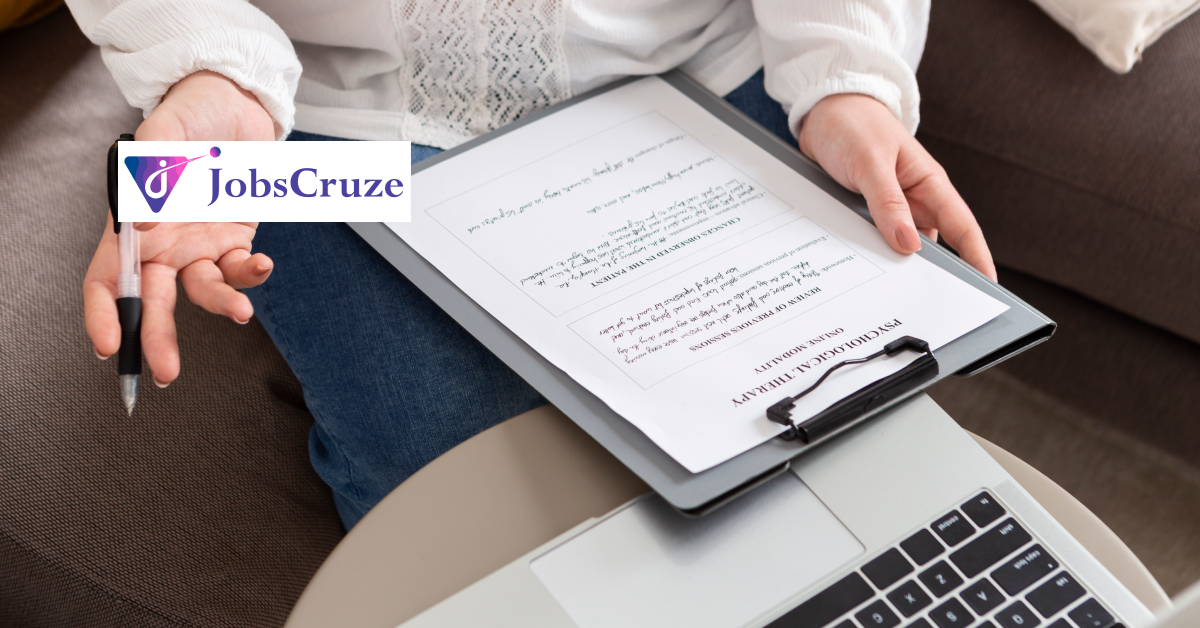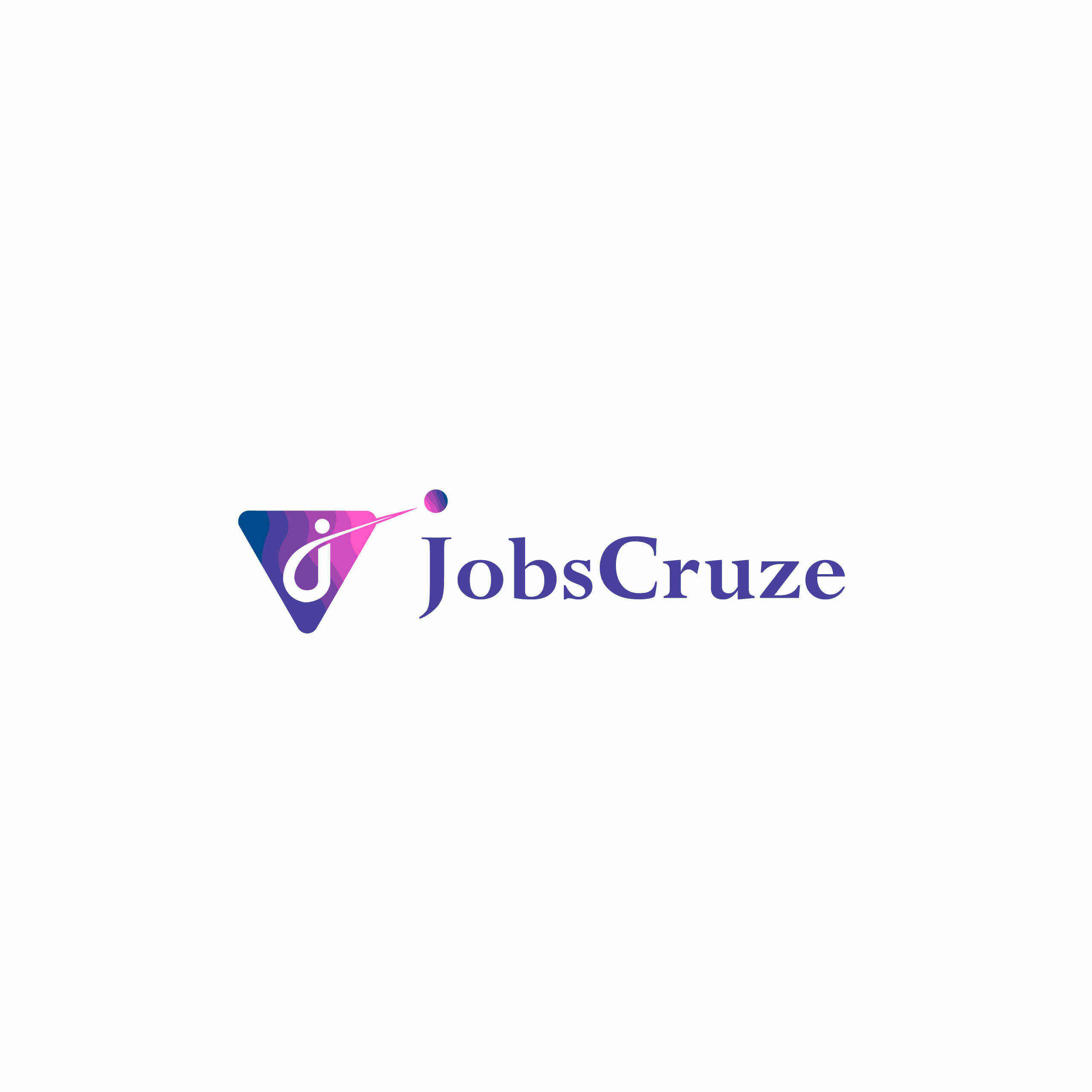

A vital part of your job application is your cover letter. A cover letter is your chance to make a great first impression on potential employers. It serves as a personal introduction to your resume, allowing you to show your personality and enthusiasm for the job. A well-created cover letter can set you apart from other candidates and highlight why you are the best fit for the position
Think of it as your introduction to a potential employer. This one-page document summarizes your background and highlights your qualifications for the position you’re applying for. A well-created cover letter can grab the hiring manager's attention and encourage them to read your resume, making it a vital tool in your job search
Create a standout cover letter effortlessly with our cover letter builder at Jobscruze! Our platform offers a wide range of free, professionally designed templates that you can customize in minutes. Whether you’re a recent graduate or an experienced professional, you’ll find the perfect template to match your job application.
Don’t let a bad cover letter stop you from getting your dream job. Use our cover generator now and take the first step to your perfect job!
When applying for a job, your cover letter is a one-page document that goes with your CV. Its main purpose is to provide additional context about your skills and experiences, showing how they relate to the job you’re applying for. Typically, a cover letter should be between 250 to 400 words and follow a professional format, including your contact information, the hiring manager's details, and a clear structure.
While a CV (Curriculum Vitae) details your entire career history, education, and skills, a cover letter focuses specifically on why you are applying for a particular job. The cover letter allows you to show your personality and explain how your experiences make you a suitable candidate for that specific role.
List your name, email address, phone number, and address first.
Include the hiring manager’s name, the company’s name, and the company’s address.
Use a personal greeting, such as "Dear [Hiring Manager's Name]."
Steer clear of phrases like "To Whom It May Concern," as they can feel impersonal.
Start with a strong opening sentence that captures interest.
Highlight Achievements: Briefly mention your most relevant accomplishments that relate to the job.
Discuss how your skills and experiences align with the job requirements. Provide particular instances to support your qualifications.
Explain why you’re excited about the company and how your values align with its culture.
To make your introduction stand out, avoid generic openings that simply state your name and the job title. Instead, start with a compelling achievement or statistic that showcases your skills. For example, "I am excited to apply for the Marketing Manager position as a marketing specialist with a proven record of increasing social media engagement by 150% [Company Name].” Using numbers and facts will help back up your experience and capture the reader's interest.
When writing your cover letter, carefully read the job description to identify the most critical requirements. Discuss how your experience fulfills those needs. If you’re a student or recent graduate with limited work experience, focus on transferable skills—like teamwork, communication, or problem-solving—that you’ve developed through internships, coursework, or volunteer work.
Do an in-depth study of the business before drafting your cover letter. Understand their business model, products or services, and company culture. Explain what you admire about the company and why you believe you would be a good fit. Avoid unclear statements like “I love your innovative culture.” Instead, be specific about what attracts you to the company and how your values align with theirs.
In your closing paragraph, summarize the main points you’ve made in your cover letter. Express your gratitude to the hiring manager for taking a look at your application and showing interest in talking more about your qualifications. End with a call to action, such as, “I look forward to the opportunity to discuss how my skills can contribute to [Company Name].”
Writing a strong cover letter is essential for standing out in the job application process. Remember to
By following these guidelines, you can create a unique and effective cover letter that enhances your job application and increases your chances of landing an interview. Take your time creating it, and let your personality shine through!
Write in a professional tone, but keep it simple and easy to understand.
Make sure your cover letter is tailored to the particular criteria of the job for each application you submit.
Instead of repeating your resume, use the cover letter to share stories or insights that showcase your personality and fit for the role.
Avoid using vague language or clichés that don’t add value.
Always check for spelling and grammar errors before sending your cover letter.
Make sure to address the cover letter to a specific person rather than using a generic greeting.
Here are a few examples of cover letters for different scenarios
Focus on education, internships, and relevant coursework.
Highlight transferable skills and your motivation for the new field.
Emphasize accomplishments and leadership experiences.
Each example is effective because it is customized to the specific job and company. They highlight relevant experiences, demonstrate enthusiasm, and avoid generic statements, making them memorable to hiring managers.
Taking the time to create a thoughtful cover letter can greatly enhance your job application. Remember, this document is your opportunity to connect with the hiring manager and show your unique qualifications. A well-written cover letter can make a lasting impression and increase your chances of landing an interview. So, put in the effort, and let your personality shine through!

The JobsCruze Logo is already a Spirited Signature that proudly headlines the Vision we pursue for and those we serve and stand for.